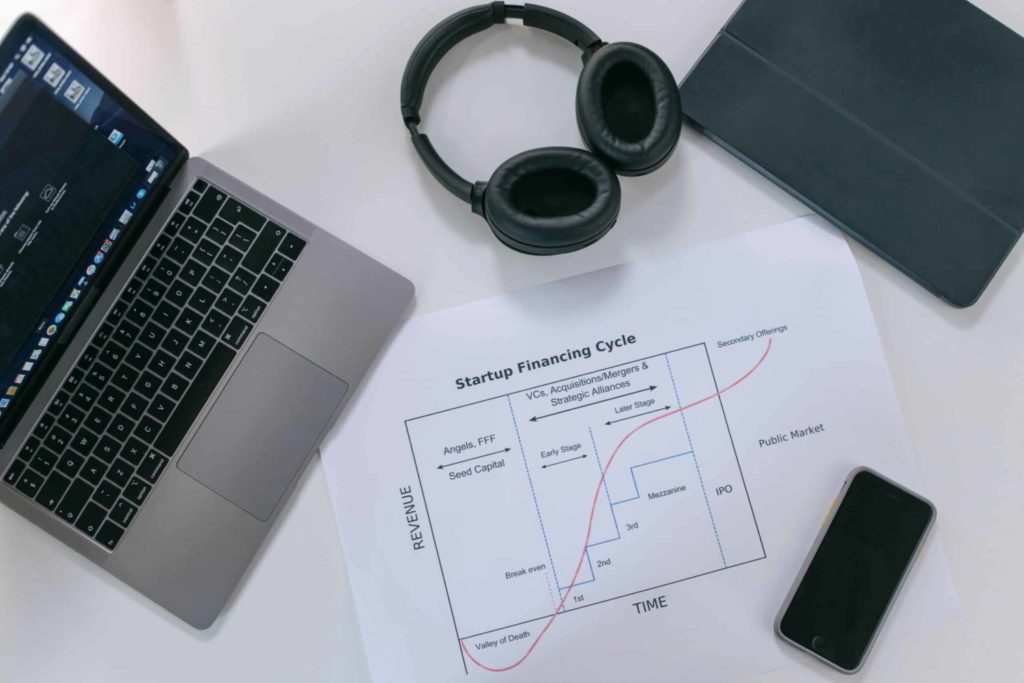As Australia’s most celebrated venture-backed technology companies continue to announce devaluations, LPs are right to question why it was the largest VCs who, despite having such strong price setting power, let valuations off the leash. Are there systemic reasons why the smaller, emergent VCs perform better in these times of uncertainty.
From the perspective of LPs, emergent VCs represent a unique investment to that of a large and established one in a number of important ways. Firstly, company valuation is given more weight in the calculus of an emergent VC; secondly, they can pay more attention to each portfolio company, putting boots on the ground in times of strife; and finally, they have greater alignment with LPs.
These may be some of the reasons why first time VC funds statistically post significant outperformance with less downside risk than incumbents. Data collected by PitchBook compares first time VC fund managers to those who’ve raised previously. Most impressively, the upper quartile, median and lower quartile IRR performance of first time fund managers were all better than their experienced fund manager counterparts, implying the systemic advantage of emergent funds is ubiquitous:
Source: PitchBook, as of June 2020
Let’s unpack some of the systemic characteristics that lead to emergent VC outperformance.
Emergent VCs are more prudent company valuators
Less capital under management calls for smaller cheque sizes. In order to ensure investments have sufficient upside at liquidity events like IPO, emergent VCs generally invest when valuations are within a certain window. This works to compress company valuations upon investment, improving the eventual return. Large VCs have a greater capacity to compete with each other for the best investments, using valuation as a lever to achieve the investment. This competitive dynamic does not serve LPs; rather it enables large venture funds to tout inflated and unrealisable returns, as we saw prior to the recent correction. An ecosystem in which smaller fund managers are competing for ownership is one in which there is less capacity for valuations to inflate and where differentiation occurs through the provision of in-kind value to founders.
Emergent VCs can provide more intimate portfolio company support
In-kind value is the drawcard of many VCs, and is particularly accessible to founders when there are a limited number of companies in their portfolio. At Sprint Ventures, we are well resourced to provide assistance when our portfolio companies request it and strive to foster strong relationships with all our founders. This is one of the reasons our portfolio companies trust us with board seats and call upon us to assist with challenges. While larger funds provide excellent portfolio assistance, in times of macroeconomic turmoil, they can struggle to service the dozens of companies they fund, leaving founders feeling unsupported.
Emergent VCs have closer alignment with LPs
When LP’s invest in smaller funds with specific sectors of expertise, they do so with the ability to choose funds who’s sectors of expertise best fit the LP’s mandate or macroeconomic thesis. Venture capital is an asset class encompassing a variety of verticals. At Sprint Ventures, we invest in the verticals where our team has significant expertise. These are Industry 4.0 / AI; Prop tech / Asset Management; Fintech; and Health & Aged tech. Our LP’s already believe in the potential of these sectors to produce transformative technology companies, and this shared conviction ensures that our investments will always have that alignment with their visions too. Moreover, money invested in a larger investment fund contributes to a smaller proportion of their AUM. Some LPs enjoy getting involved with the venture fund’s activity, but such opportunities may be limited and priority given to those who have contributed the most to the fund. Contributing to a larger proportion of the fund enables greater alignment.
Where Emergent VC’s usually fall short: Governance and security
It’s clear, through the mechanisms and the data, that emergent VC’s are, in most cases, a more attractive investment opportunity for LPs. However, there are some important reasons the legacy funds win significant institutional investment. A particularly salient one is that these funds have demonstrated sophisticated governance and processes which ensure that rare, high impact risks, such as fund security and legal infringement risks, are addressed with appropriate diligence. Venture capital is a sector whose fast pace, small teams and separation from traditional financial markets have made such things easy to neglect. Sprint Ventures recognises that fund governance, security and oversight are of paramount importance. We’ve implemented institutional grade processes and security mechanisms, drawing upon industry leading expertise from within the team.
There’s a lot that Australia’s venture capital sector can take away from the recent contraction. My hope is that the community moves forth with a more prudent optimism and a greater faith in the smaller funds, who have and will continue to fare the best in these times of compression.
Ready to invest with Sprint? Discover where we invest or explore investing with Sprint and let’s start something extraordinary.




